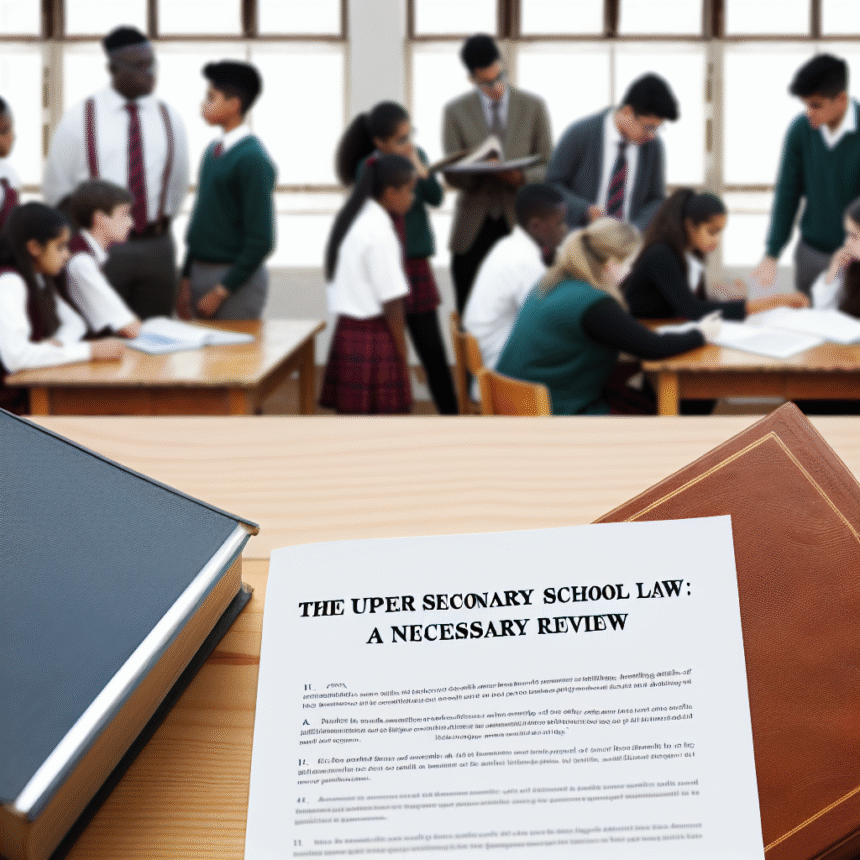The High School Act was added to give unaccompanied young people the chance to stay in Sweden and study – but was criticized for being a hard-to-find “hafswerk”.
Now the government is giving the State Office the task of evaluating the law’s application and consequences.
– The aim is to learn from this so that it does not happen again, says Johan Forssell.
Johan Forssell.
Photo: Jessica Gow/TT / TT NEWS AGENCY / JESSICA GOW
The High School Act was introduced in 2018 so that young people who came to Sweden in 2015 but had their asylum application rejected and managed to turn 18 during the process would have the chance to finish high school in Sweden.
The bill was presented by the then S-MP government and was voted through with the support of C and V.
The proposal was criticized by several heavy referral bodies for being poorly prepared, and the Legislative Council stated that “the limit has been reached here for what is acceptable in terms of how legislation can be designed”.
“A masterpiece”
Migration Minister Johan Forssell (M) believes that the law created a judicially secure situation for many young people.
– The legislation was pushed through. A masterpiece, many of us said even then. We know that there have been huge problems interpreting the law. Regardless of what you think is right and wrong, laws must be able to be used, he says.
5,300 have permanent residence permits
The Gymnasium Act has been phased out successively.
The possibility of getting an extended residence permit for upper secondary studies ended in 2023. After 2024, you cannot get an extended residence permit to look for work after upper secondary school.
In order to obtain a permanent residence permit according to the upper secondary school act, it was required that you had completed your upper secondary education, were self-sufficient six months after graduating from upper secondary school and that you had been well-behaved.
Just over 5,300 people have a permanent residence permit according to the upper secondary school act, according to the Swedish Migration Agency.
Now the government has given the State Office the task of evaluating how the law has been applied by authorities and courts and its consequences for the municipalities.
– The aim is to learn from this so that it does not happen again, says Johan Forssell.
The State Office must take in information from the Migration Agency, migration courts, municipalities and Sweden’s municipalities and regions. The assignment must be reported no later than June 17, 2026.








